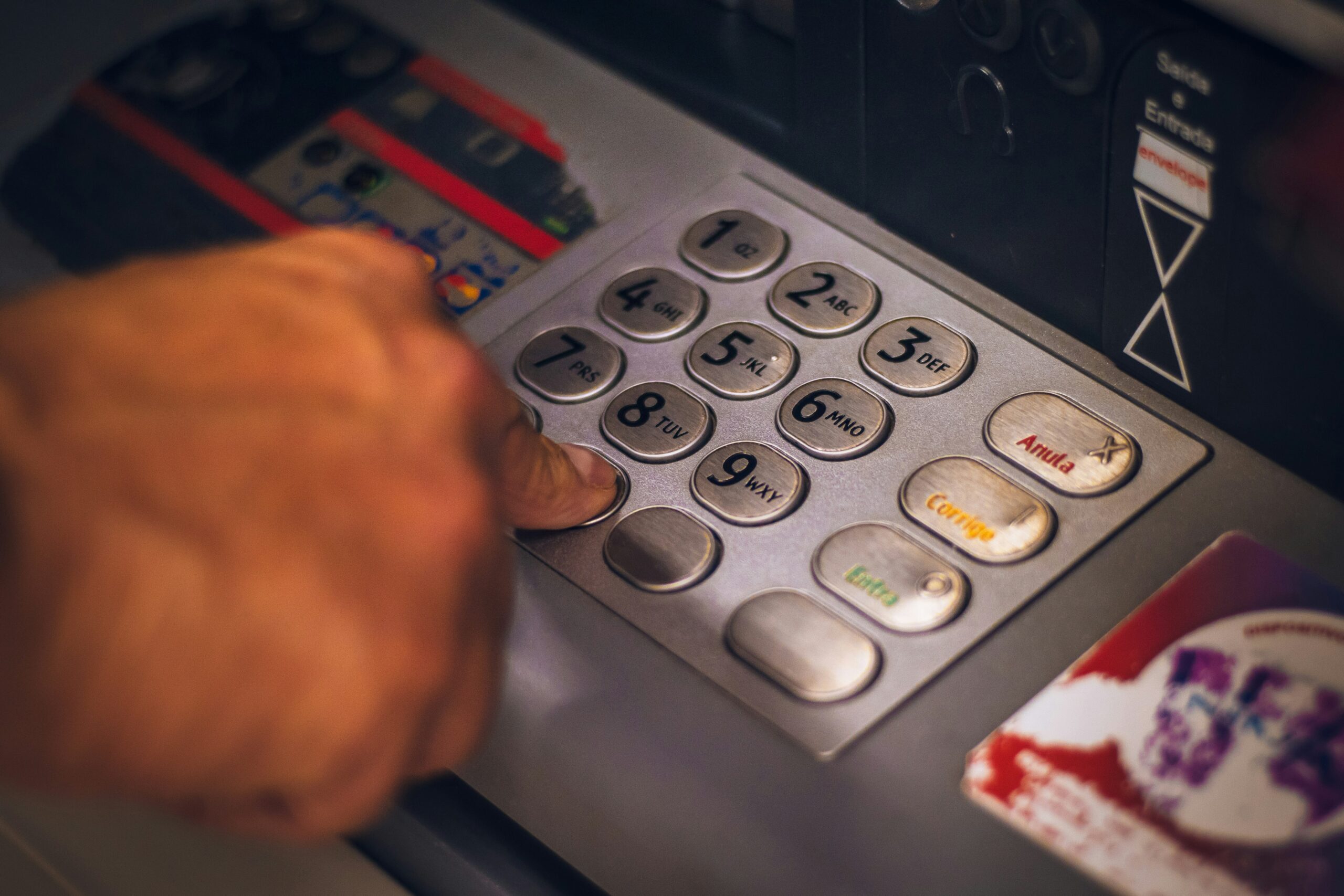Debt can feel like a heavy burden, but with the right strategies, getting out of debt is possible. Whether you’re managing credit card balances, student loans, or other personal debts, having a clear plan can help you regain control of your finances – allowing you to have a future including a mortgage.
Here are some practical ways to reduce and eliminate debt effectively.
Assess your financial situation.
Before creating a plan, you need to understand your financial landscape. Start by listing all your debts, including the amounts owed, interest rates and minimum monthly payments. This will help you prioritize which debts to tackle first.
Tip: Use a budgeting tool or a spreadsheet to track income, expenses and debts. This will give you a clear picture of your financial standing.
Create a realistic budget.
A budget is a roadmap for your finances. It helps you allocate money towards debt repayment while ensuring you cover necessary living expenses.
Identify unnecessary spending: Go through your monthly expenses and highlight areas where you can cut back (e.g., eating out, subscriptions, entertainment).
Allocate funds to debt: Set aside a fixed amount each month dedicated solely to debt repayment.
Use the snowball or avalanche method.
These two popular methods help organize debt repayment.
Snowball Method: Focus on paying off the smallest debt first, while making minimum payments on other debts. Once the smallest debt is eliminated, move on to the next smallest, creating a momentum that encourages progress.
Avalanche Method: Prioritize the debt with the highest interest rate first, as this will save you more in interest payments over time. Continue paying off debts in descending order of interest rates.
Both methods are effective; the choice depends on whether you prefer seeing quick wins (snowball) or minimizing interest costs (avalanche).
Consolidate debt.
Debt consolidation can simplify repayment by combining multiple debts into one loan with a lower interest rate. This can make it easier to manage monthly payments and potentially reduce interest costs.
Personal loans: A personal loan can be used to pay off higher-interest debts, leaving you with a single loan to manage.
Negotiate with creditors.
Creditors may be willing to work with you, especially if you’re struggling to make payments. Contact them and explain your situation. They may offer options such as lowering interest rates, setting up a repayment plan or offering a settlement for less than the full amount owed.
If you do this and the creditor offers a settlement, your credit will negatively be affected. So while it would be less, your credit score would hurt from that change.
Increase your income.
While cutting expenses helps, increasing your income can accelerate debt repayment.
Side jobs: Freelancing, gig work, or part-time jobs can provide extra income specifically for debt repayment.
Sell unused items: Declutter your home and sell items you no longer need. Platforms like eBay, Facebook Marketplace, or local consignment stores can help you turn unused possessions into cash.
Ask for a raise: If you’ve been in your current job for a while and have proven your value, consider negotiating for a raise.
Avoid accumulating new debt.
It’s easy to fall into the trap of accumulating new debt while trying to pay off old debt. During the process of paying down your debt, try your best not to rack up any new debt. This includes buying big ticket items like new vehicles, expensive tech, etc.
Try your best to stay focused on your debt repayment because it will help you ten fold in the future.
Seek professional help.
If you’re overwhelmed by debt and unsure of how to move forward, consider seeking advice from a financial advisor. These professionals can provide personalized guidance and help you develop a tailored plan. If you’re looking for local financial advisors, reach out to me. I would be happy to share different professionals who may be helpful for your situation.
Stay committed and celebrate milestones.
Lastly, debt repayment is a long-term commitment, but staying consistent will bring results. Celebrate small milestones, such as paying off a particular debt or reducing your overall balance by a significant percentage.
Tip: Track your progress visually by using charts or apps that show your declining debt over time. This will keep you motivated as you work towards becoming debt-free.
Mortgage Okanagan can help.
Getting out of debt requires discipline, patience and a clear plan. By using these tips, you can steadily work your way towards financial freedom.
When you have less debt, getting approved for a mortgage will become easier for you as well. If you’re wanting to chat to me about your debt and likelihood of being approved for a mortgage, Give me a call at 250-826-3111, apply on my website or contact me through my online contact form to start the process today.







